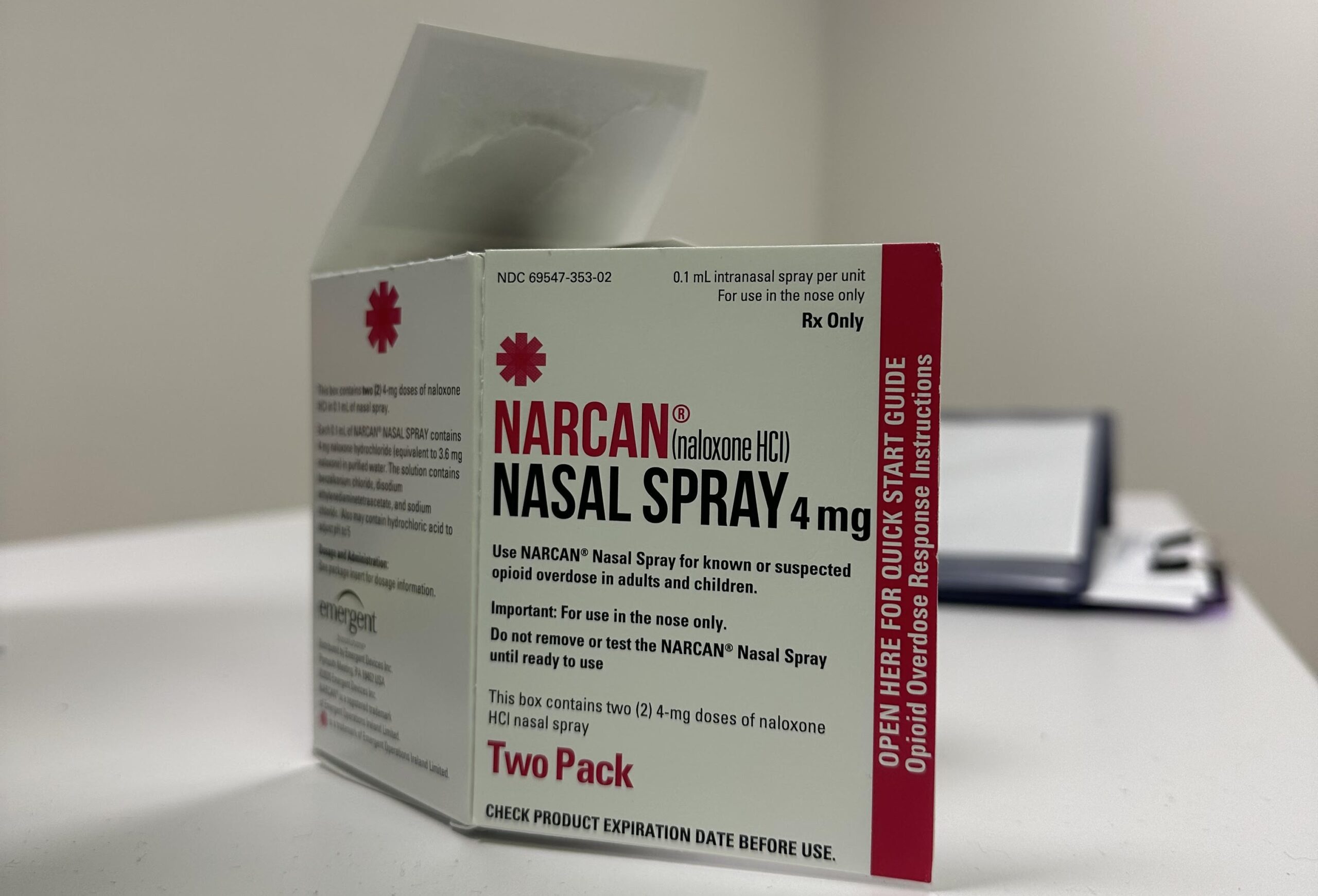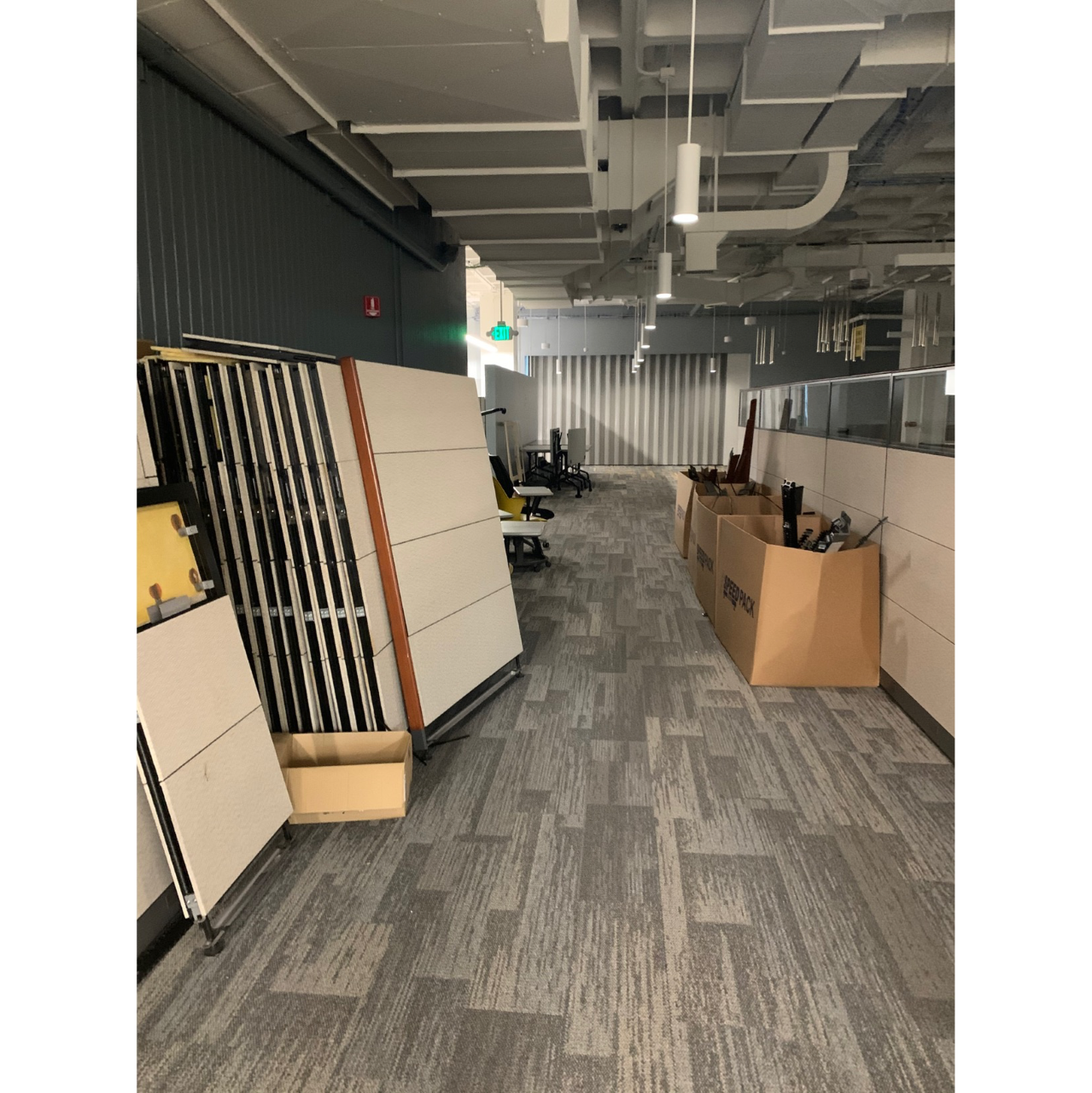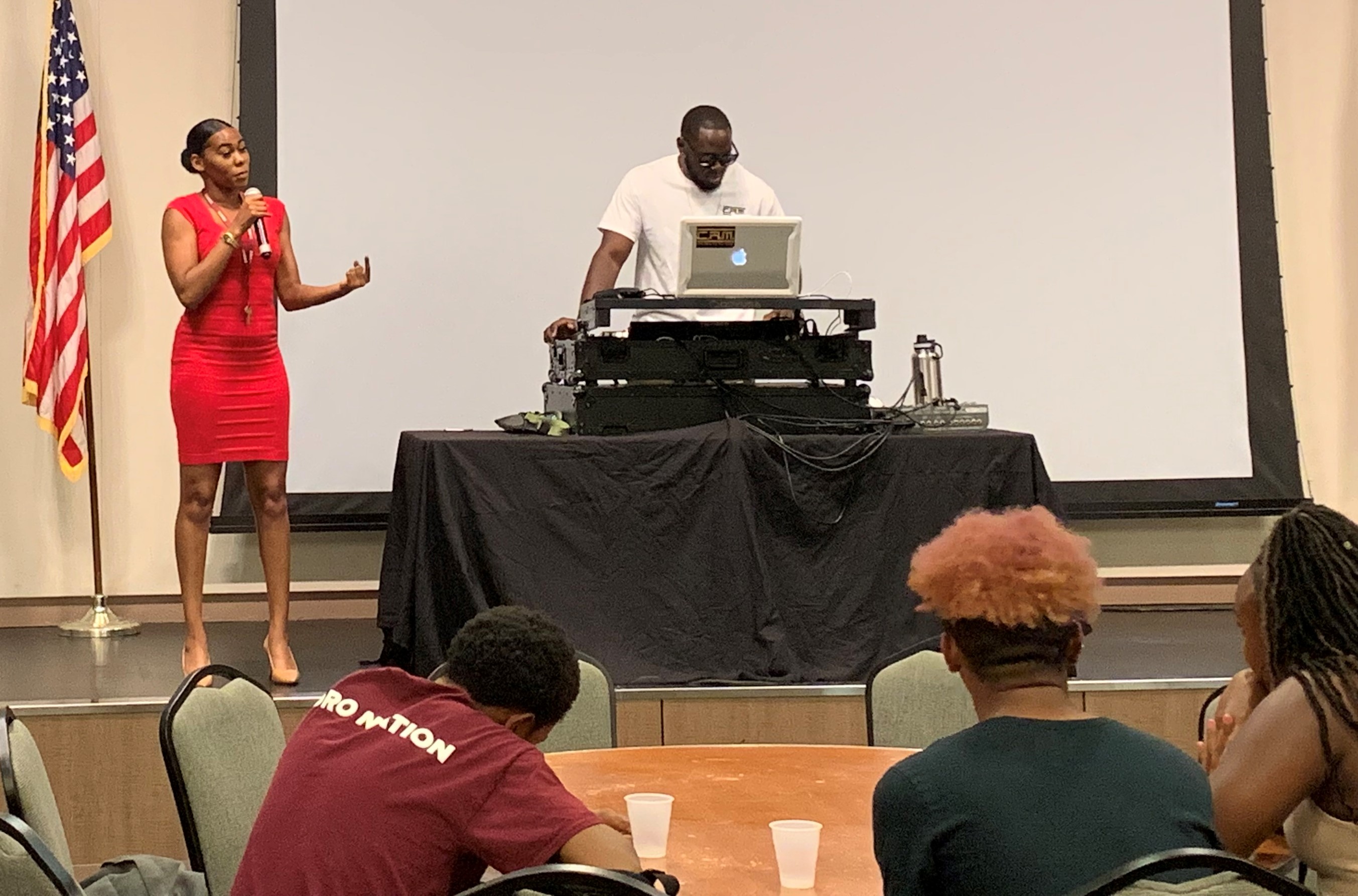The Package containing the medication that has the potential to save countless people’s lives. Art by Aliyah Brown.
By Aliyah Brown Staff Reporter
In an effort to expand access to the life-saving medicine, Naloxone, on college campuses, SB 367, better known as the Campus Opioid Safety Act, became law and entered into effect this year making medication that is approved by the federal government for reversing opioid overdoses more accessible on public colleges and universities.
As a requirement of the act, the California Department of Public Health must provide instructional and preventative information regarding opioid overdose to all college and university campuses as part of the standard student orientations. It requires participation from the University of California system, the California State University system, and California community colleges. This is because the various college and university systems in the state have different organizational structures.
College student opioid abuse is a critical public health problem. Given the environment of colleges, it is not unexpected that many students are becoming exposed to smoking, alcohol, stimulants and painkillers.
“This medication can save lives,” Jalicia Powell, an emergency preparedness program analyst at California State University, Dominguez Hills, said. “We feel that it’s a need, it’s imperative that we have it on our campus just so we can get the information out to all students and staff as well as inform everyone about this medication. we want to be in line with all the other colleges.”
According to the CDC National Center for Health Statistics, there were 100,306 drug overdose deaths in the U.S. in 2021, a 28.5% rise from the 78,056 deaths in 2020. At the end of 2021, 75,673 opioid overdose deaths were projected, up from 56,063.
A study by the American Counseling Association found that Opioid usage among college students surged by 343% between 1993 and 2005, mostly due to an increase in heroin use, according to an early survey; more than 50% of college students were given a prescription medicine for nonmedical reasons before their sophomore year.
Susan Flaming Yeats, a director of student health services, said the process of receiving Narcan is quite simple. Students can set up an appointment to watch a seven-minute video on how Narcan works and answer a few questions. If students overdose on campus and someone administers Narcan, the United States has approved Naloxone access legislation that insulates any individual from civil and criminal culpability if they deliver naloxone.
For more information on Narcan, one can contact CSUDH general office number 310.243.3629 during their hours of operation, Monday through Friday 8:00 a.m. to 5:00 p.m.
If you or someone you know is struggling with substance abuse, the Substance Abuse and Mental Health Services Administration National Helpline is a confidential, free information service that can be reached at 1-800-662-HELP (4357). This service provides referrals to local treatment facilities, support groups, and community-based organizations.



